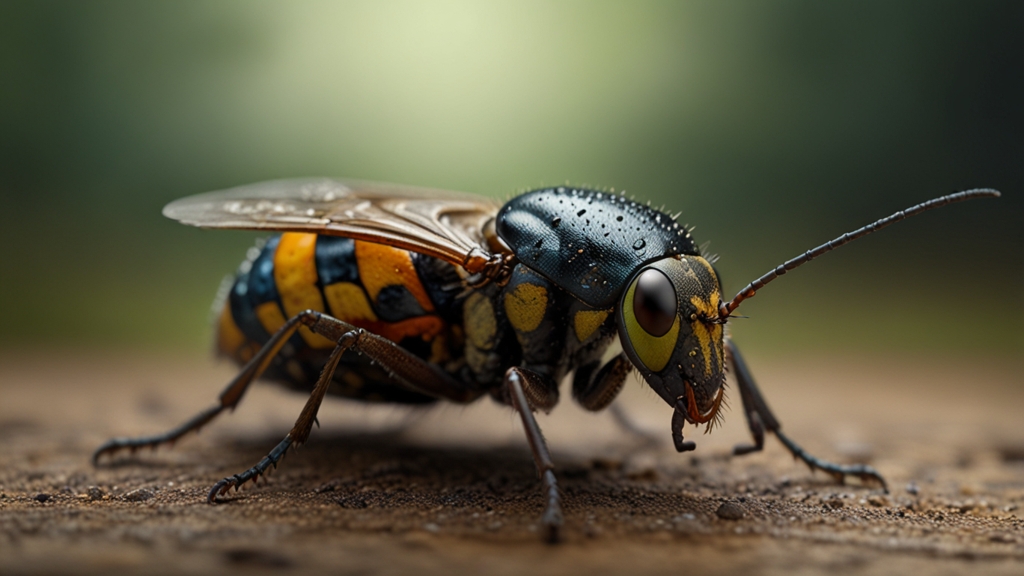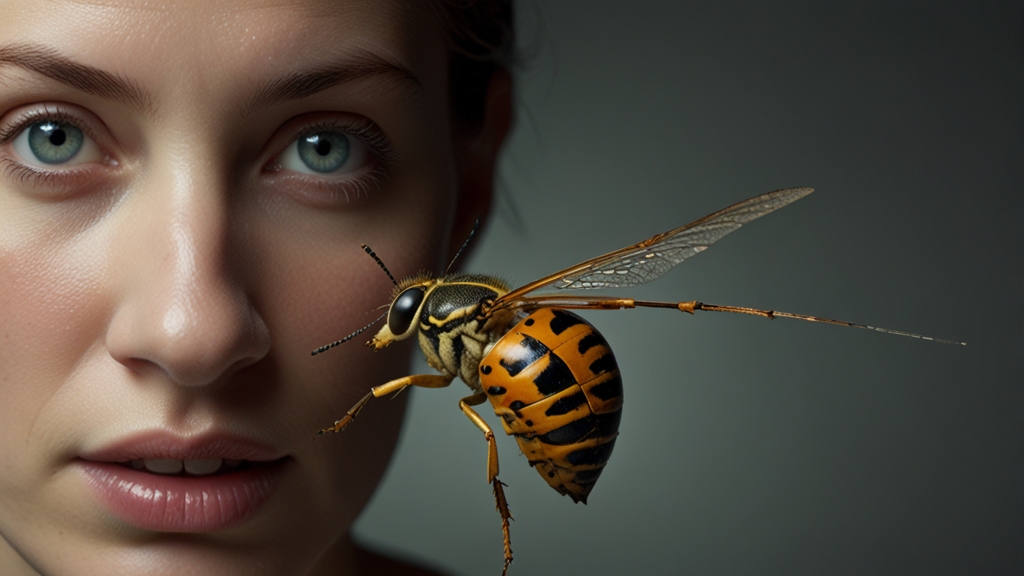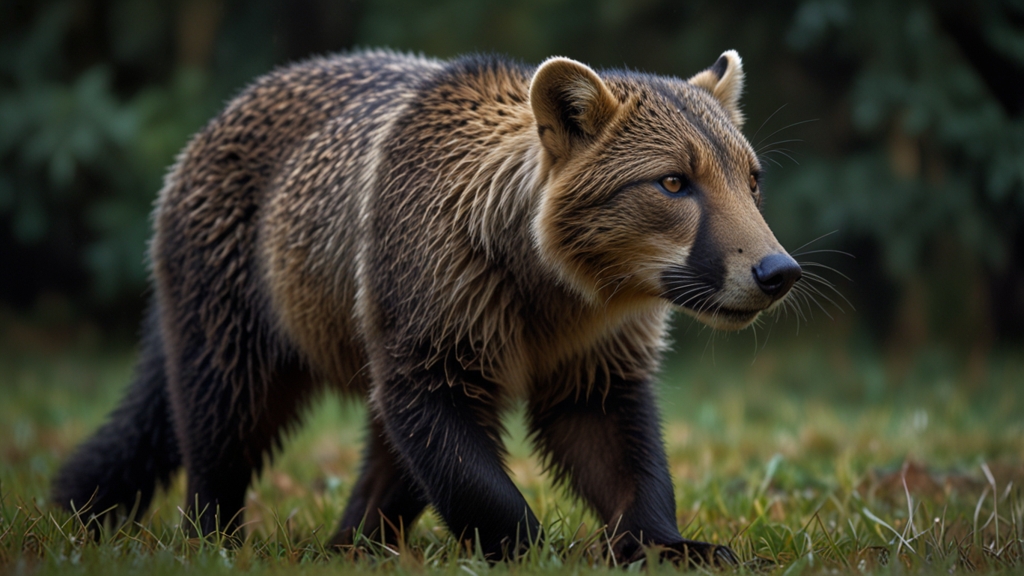Beneath the Waves: The Strange and Wonderful World of Marine Animals
The ocean, covering over 70% of Earth's surface, is a vast, mysterious realm teeming with life. Beneath the waves lies an extraordinary world of marine animals, each adapted in unique ways to survive and thrive in diverse underwater environments. From the shallow coastal waters to the pitch-black abyssal depths, marine life exhibits incredible diversity and bizarre beauty.
The Remarkable Adaptations of Marine Creatures
Marine animals have evolved countless adaptations to help them navigate the challenges of their aquatic world. For instance, fish like the flounder have developed the ability to camouflage themselves against the ocean floor, making them nearly invisible to predators and prey alike. Similarly, the bioluminescent abilities of creatures like the anglerfish are not just fascinating but also serve practical purposes such as attracting prey or confusing predators.
The deep sea is like a poorly understood alien world right here on Earth, filled with creatures that seem to leap from the pages of science fiction.
Another fascinating adaptation is the echolocation used by marine mammals such as dolphins and whales. This sonar-like ability allows them to navigate murky waters and locate food with astounding precision. Beyond functional adaptations, some creatures have evolved in ways that can only be described as peculiar. Consider the leafy sea dragon—a fish that mimics the appearance of seaweed, floating effortlessly among the underwater vegetation.
The Intricacies of Marine Ecosystems
The underwater world is a complex web of interactions among various species, forming intricate ecosystems. Coral reefs, often referred to as the "rainforests of the sea," are one such example. These vibrant underwater structures host a myriad of marine species, from colorful fish to enigmatic invertebrates. Coral reefs not only provide shelter but also play a crucial role in maintaining the balance of marine life.
Similarly, kelp forests, which dominate certain coastal regions, serve as underwater havens for a diverse range of organisms. These towering algae structures offer food and protection, supporting a wide variety of fish, mollusks, and even marine mammals.
The health of marine ecosystems is intricately linked to the overall health of our planet. Their preservation is crucial for maintaining biodiversity and ensuring the well-being of countless species, including humans.
Threats and Conservation Efforts
Despite their resilience and adaptability, marine animals face numerous threats due to human activities. Pollution, overfishing, and climate change are some of the most pressing issues endangering marine life. Plastic waste, oil spills, and chemical runoff create hazardous environments, while rising sea temperatures and acidification disrupt delicate ecological balances.
Efforts to protect and conserve marine life are gaining momentum worldwide. Marine protected areas (MPAs) are being established to safeguard critical habitats and species. Additionally, there is a growing push for sustainable fishing practices and the reduction of carbon emissions to mitigate the effects of climate change.
Public awareness and education play crucial roles in these conservation efforts. By understanding the importance of marine ecosystems and the challenges they face, individuals can make informed choices that contribute to the preservation of these underwater wonders.
The Future of Marine Exploration
Exploring the ocean's depths continues to be a frontier of scientific discovery. Advances in technology, such as remotely operated vehicles (ROVs) and submersibles, have allowed researchers to venture into previously inaccessible regions. These expeditions frequently reveal new species and provide insights into the complex dynamics of marine ecosystems.
The strange and wonderful world beneath the waves offers endless possibilities for learning and inspiration. As we uncover more about these fascinating marine animals, it becomes increasingly clear that their protection is not just an environmental imperative but also a tribute to the sheer diversity and wonder of life on Earth.
In the words of oceanographer Sylvia Earle, "Knowing is the key to caring, and with caring, there is hope that people will be motivated to take positive actions."
From the smallest plankton to the largest whales, marine animals represent the incredible complexity and beauty of our planet's oceans. By exploring their world, we not only satiate our curiosity but also ignite a collective responsibility to ensure these species continue to thrive for generations to come.









